Directors
Prof. Dr. Philipp Cimiano
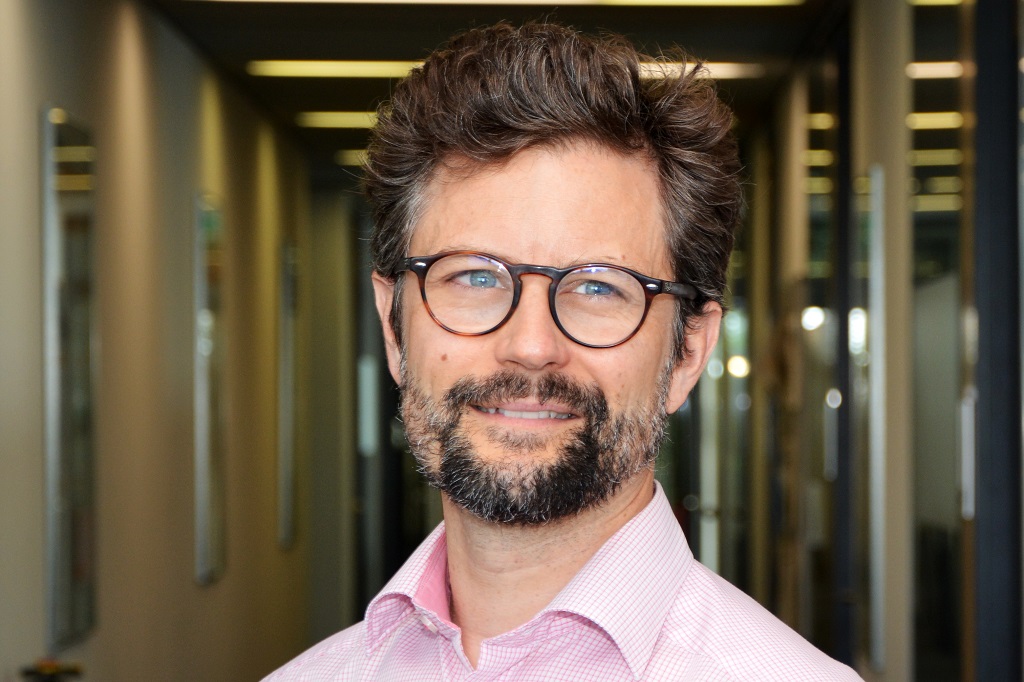
Philipp Cimiano is the head of the Semantic Computing Group at Bielefeld University. He is also affiliated with the Cognitive Interaction Technology Excellence Cluster (CITEC). Before joining the Bielefeld University, he was an assistant professor at Delft University of Technology (2008-2009) and a postdoctoral researcher at the Institute AIFB of Karlsruhe University (TH). Philipp Cimiano is mainly interested in topics at the intersection between knowledge representation and text processing including: text mining, computational semantics, information retrieval, question answering, ontology learning, ontology localization, etc. He is editorial board member of the Semantic Web Journal. More information about his research interests, projects and publications can be accessed at his group homepage.
Contact information
Prof. Dr. Axel-Cyrille Ngonga Ngomo
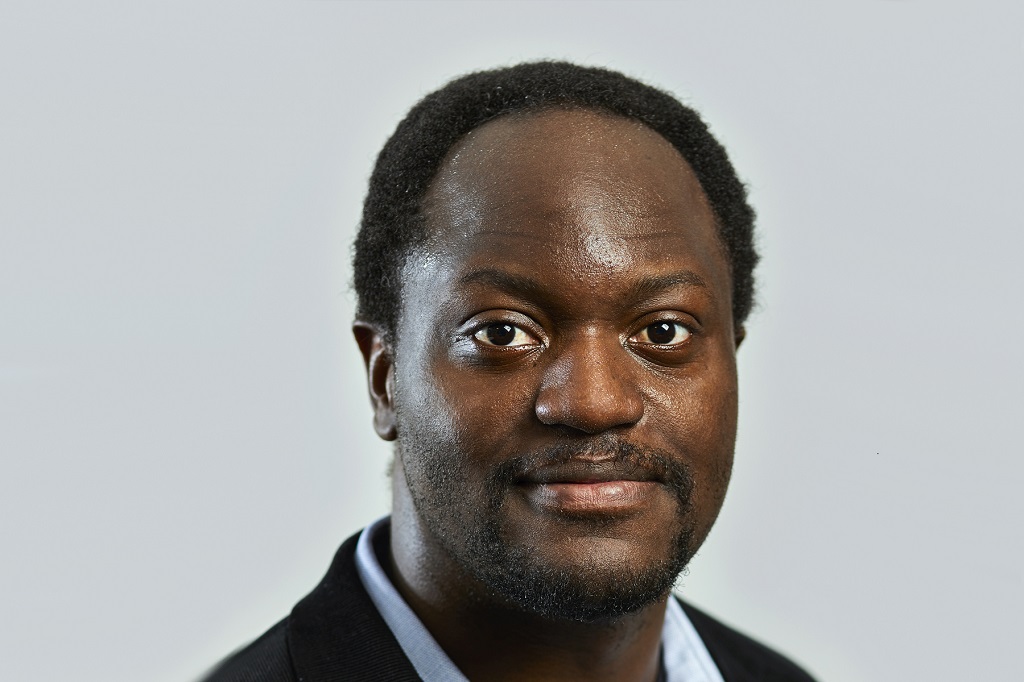
Axel Ngonga is head of the Data Science (DICE) group at Paderborn University. Before accepting the position at Paderborn University, he was a research fellow at Mainz University from 2010-2012 and head of the Agile Knowledge Engineering and Semantic Web (AKSW) lab at University of Leipzig from 2013-2017. The DICE group develops methods, algorithms and applications for the extraction, integration, storage, querying, access and consumption of large-scale datasets. The area of application of his research include but are not limited to solutions for federated queries on the Web, knowledge extraction from text and other types of datasets, knowledge integration and fusion, keyword-based search and question answering. More information about his research interests, projects and publications can be accessed at his group homepage.
Prof. Dr. Barbara Hammer
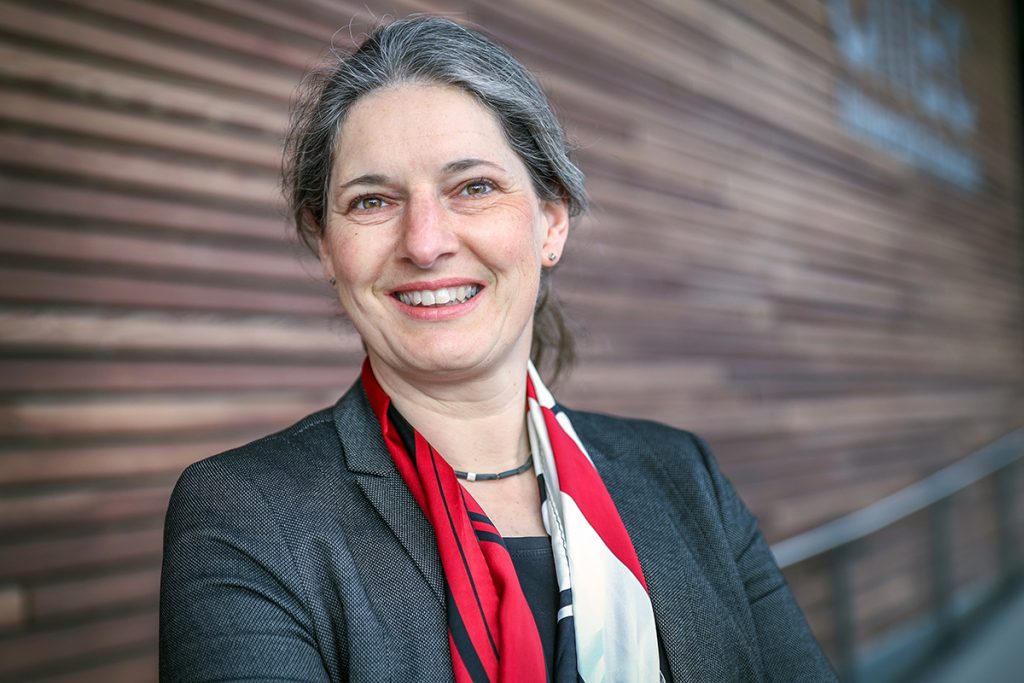 Foto: Universität Bielefeld/S. Jonek
Foto: Universität Bielefeld/S. Jonek
Barbara Hammer is chair of the Machine Learning Group within the Faculty of Technology at Bielefeld University. From 2000-2004, she lead the junior research group ‘Learning with Neural Methods in Structured Domains’, before accepting an offer as professor for Theoretical Computer Science at Clausthal University of Technology in 2004. Starting from April 2010, she moved to the CITEC center of excellence at Bielefeld University as professor for Theoretical Computer Science for Cognitive Systems. She is member of the editorial board of Neurocomputing, co-organizer of several international seminars, workshops, and special sessions (e.g. NIPS, ESANN, Dagstuhl) and PC member of several international conferences such as ESANN, ICANN, or WSOM. Her areas of expertise include recurrent and structure processing networks, neuro-symbolic integration, clustering and classification, self-organization, statistical learning theory and theory of neural systems prototype based methods, relevance learning, data visualization, models for very large data sets, and applications in bioinformatics. More information about her research interests, projects and publications can be accessed at her homepage.
Management
Dr. Ole Pütz
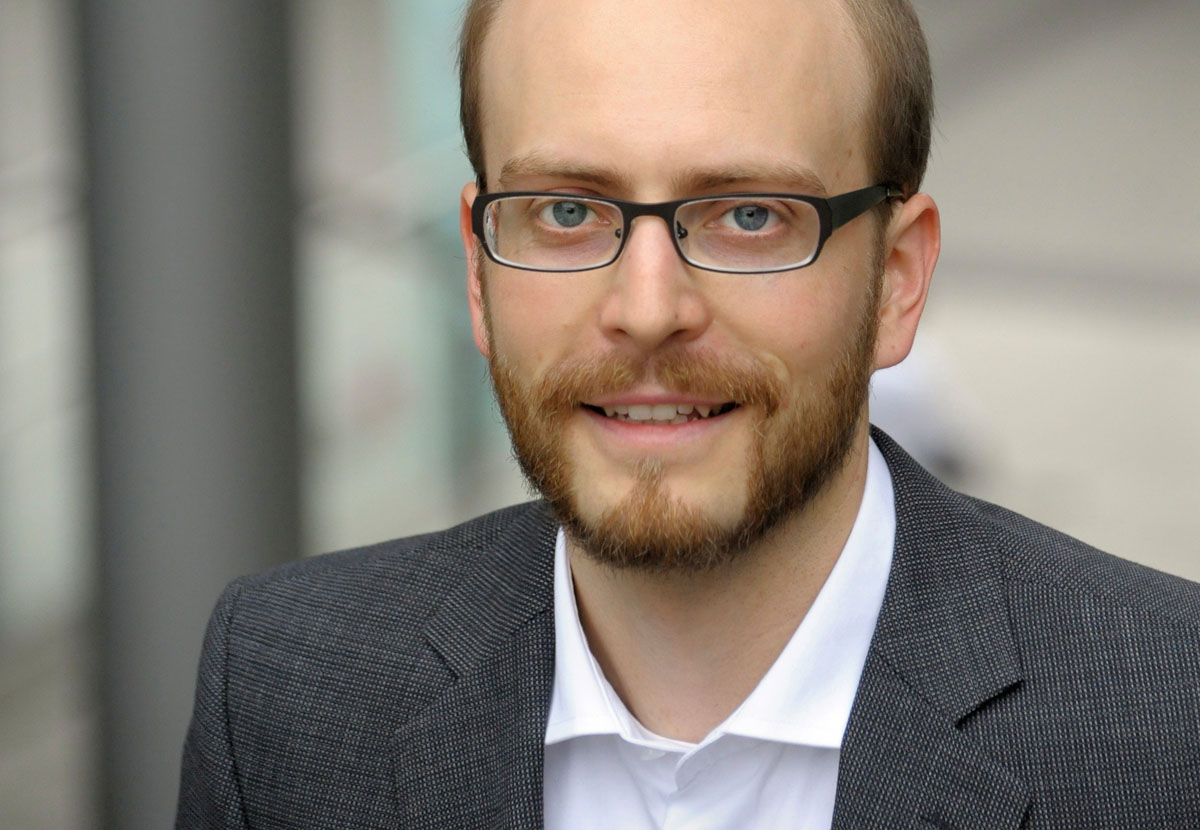
Ole Pütz is the scientific manager of JAII. He studied Sociology at Bielefeld University, Göteborg Universitetet, and the University of Notre Dame. He received his PhD in 2016 from Bielefeld University for an award-winning study on strategic planning in social movement groups. Ole Pütz has worked as a lecturer for qualitative methods and in the university administration before beginning his postdoc in science and technology studies in 2017, first at the Semantic Computing Group at Bielefeld University and later at the Science of Intelligence Cluster of Excellence at TU Berlin. Ole Pütz is an expert in qualitative methods, interaction analysis, and science and technology studies.
Members
Prof. Dr. Hanna Drimalla
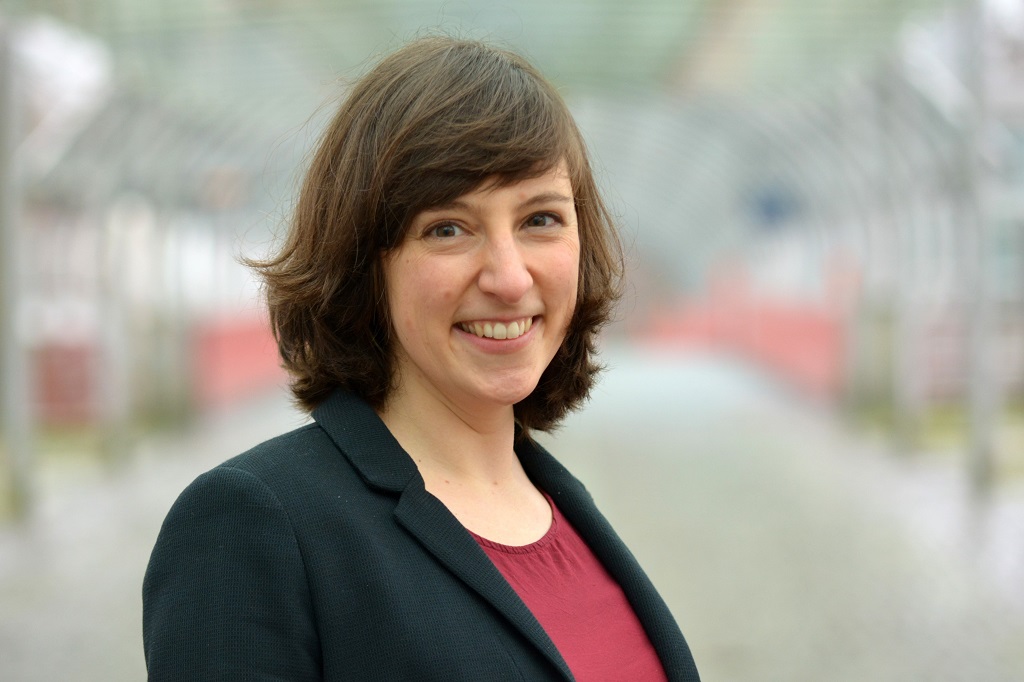
Hanna Drimalla is head of the Multimodal Behavior Processing within the Faculty of Technology at Bielefeld University. Her research focuses on the detection of positive and negative affect, the measurement of stress, and the analysis of social interaction patterns. Hanna Drimalla studied Computational Science at the University of Potsdam and Psychology at the Ruhr-University Bochum. In her PhD at Humboldt University in Berlin, she investigated the relationship between mimicry and empathy using methods from psychophysiology and machine learning. As a postdoctoral researcher, she conducted research at the Hasso Plattner Institute of the University of Potsdam in the field of Digital Mental Health. Since 2020, she leads a junior research group on empathic artificial intelligence. More information about her research interests, projects and publications can be accessed at her group homepage.
Prof. Dr. Elena Esposito

Elena Esposito is Professor of Sociology at the University Bielefeld and the University of Bologna. A leading figure in sociological systems theory, she has published extensively on the theory of society, media theory, memory theory and the sociology of financial markets. She had many visiting appointment and fellowships, among others at the Ecole des hautes études en sciences sociales in Paris, the New School for Public Engagement and Columbia University in New York, Meiji University in Tokyo, the Wissenschaftskolleg in Berlin, Zhejiang University in Hangzhou. Her current research on algorithmic prediction is supported by a five-year Advanced Grant from the European Research Council. More information about his research interests, projects and publications can be accessed at her homepage.
Prof. Dr. Reinhold Häb-Umbach
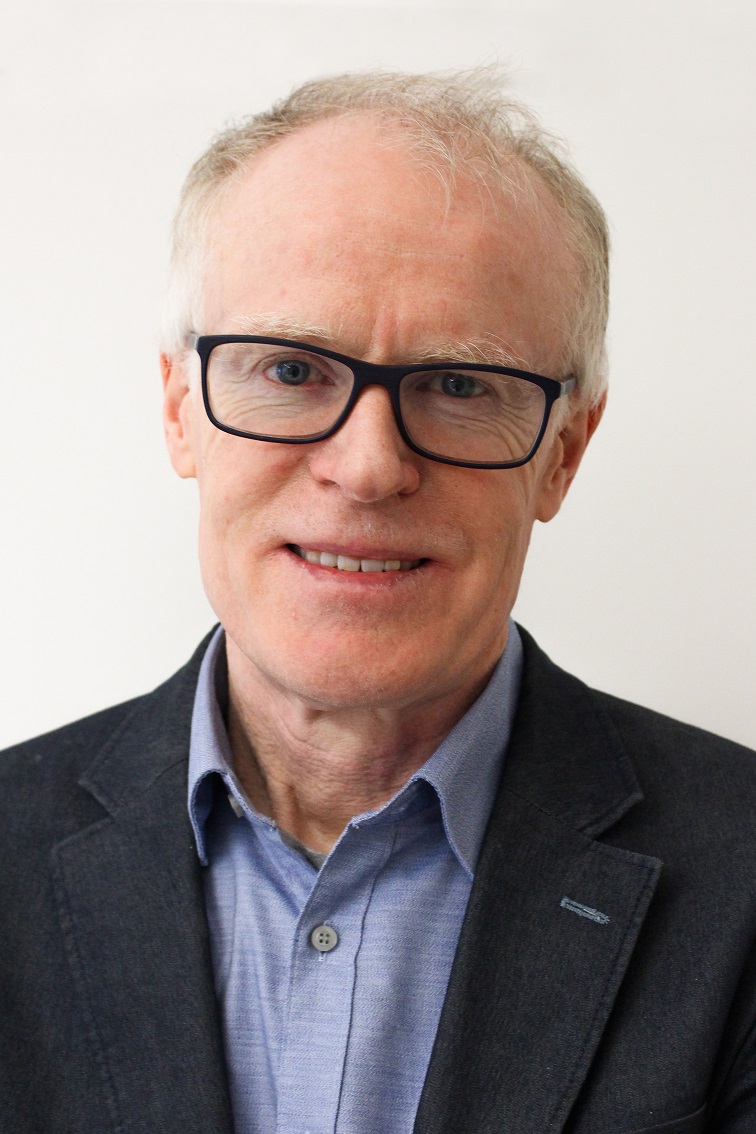
Reinhold Häb-Umbach is a professor of Communications Engineering at Paderborn University, Germany. He has a background in speech research both in an industrial and academic research environment: From 1988 - 1989 he was Postdoctoral Fellow at IBM Almaden Research Center, San Jose, California. From 1990 - 2001 he was with Philips Research, Aachen and Eindhoven, and he joined Paderborn University in 2001. His main research interests are in the fields of statistical signal processing and machine learning, with applications to speech enhancement, acoustic beamforming and source separation, as well as automatic speech recognition and unsupervised learning from speech and audio. He is a fellow of the International Speech Communication Association (ISCA) and of the Institute of Elecrical and Electronics Engineers (IEEE). More information about his research interests, projects and publications can be accessed from the group homepage.
Prof. Dr. Ilona Horwath
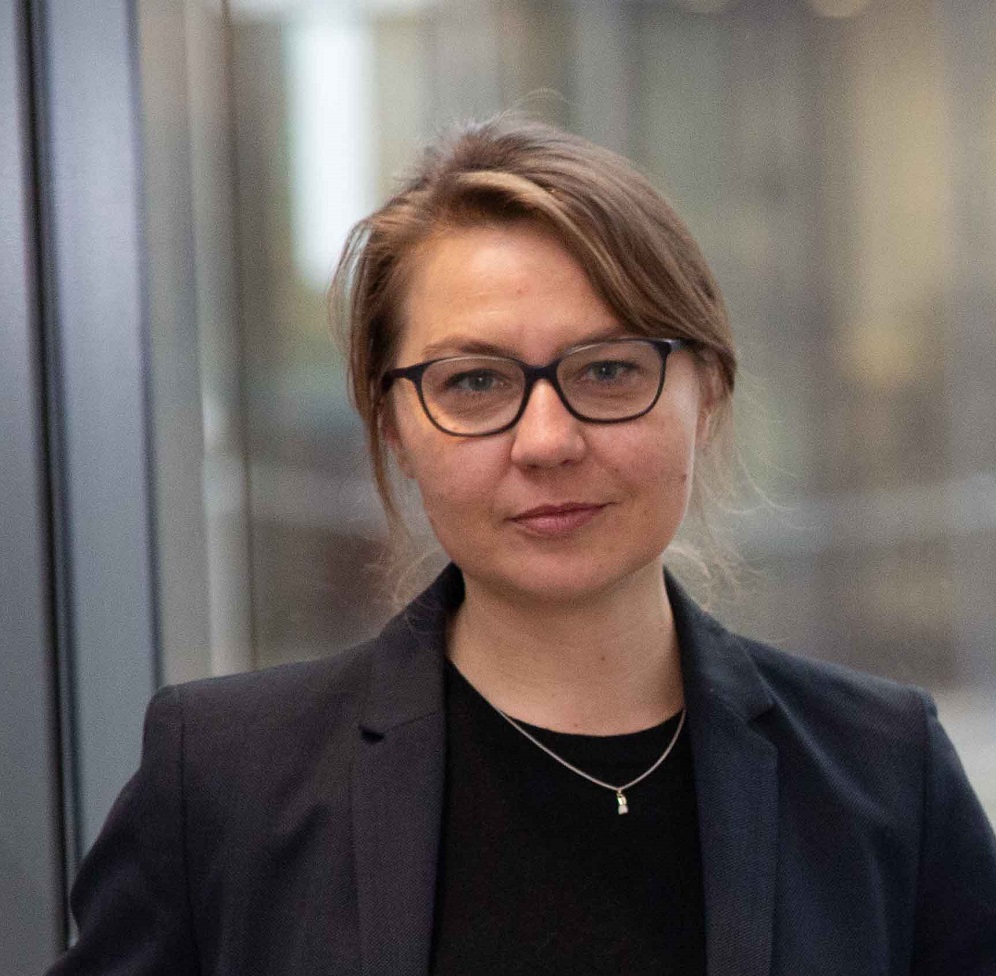
Ilona Horwath, sociologist, is the head of the Technology and Diversity in Engineering Group at Paderborn University, Faculty of Mechanical Engineering. Before accepting the position at Paderborn University she was Assistant Professor at the Interdisciplinary Department of Women’s and Gender Studies, Johannes Kepler University Linz, where she worked from 2004 – 2016. She’s an expert in inter- and transdisciplinary research and technology development, research on organizations and institutions, and transformative change. Her interests include collective orientations, diversity and inclusion, and sustainable sociotechnical systems. More information about her research interests, projects and publications can be accessed at her group homepage.
Prof. Dr. Stefan Kopp
Prof. Dr. Tobias Matzner
Prof. Dr. Oliver Müller
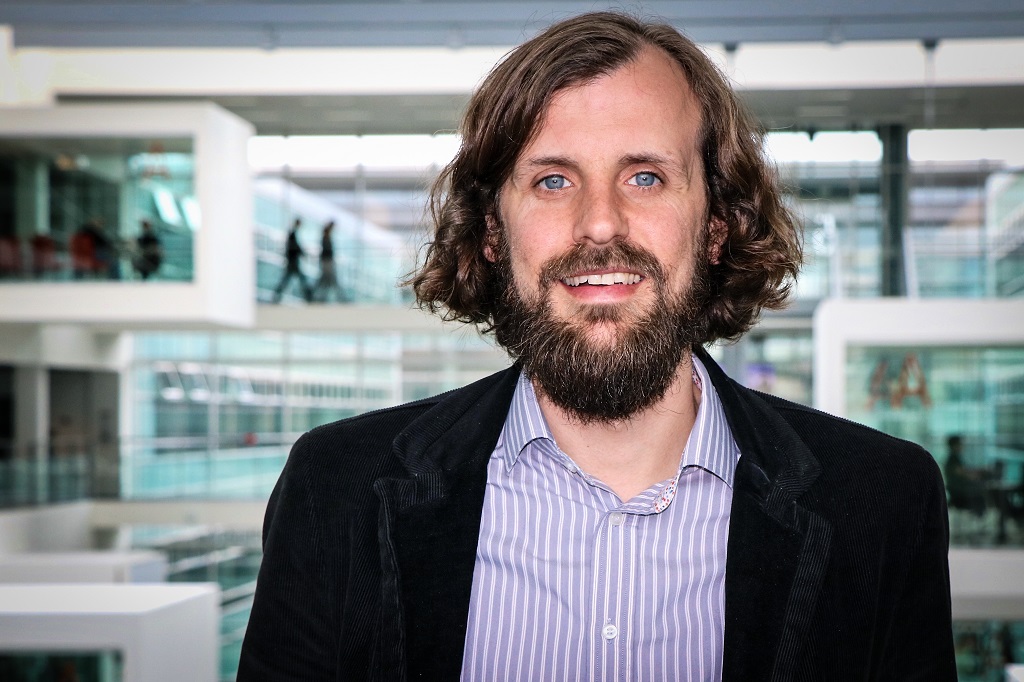
Oliver Müller is Professor of Management Information Systems and Data Analytics at Paderborn University. He holds a BSc, MSc, and Ph.D. in Information Systems from the University of Münster’s School of Business and Economics. His research interests focus on data-driven judgment and decision making. This includes the design and use of machine learning solutions for supporting human judgment and decision making, with a special focus on the computational analysis of unstructured data (e.g., texts, images), as well as studying the acceptance and implications of data-driven decision making in organizations. His research has been published in the Journal of Management Information Systems (JMIS), Journal of the Association of Information Systems (JAIS), European Journal of Information Systems (EJIS), Organizational Research Methods (ORM), European Journal of Operational Research (EJOR), Decision Support Systems (DSS), and various others. Professor Müller received numerous awards and honors for his work, such as, the AIS Best Information Systems Publications Awards in 2017 and an invitation as an academic guest to the 2014 Lindau Meeting of the Winners of the Sveriges Riksbank Prize in Economic Sciences in Memory of Alfred Nobel.
Prof. Dr. Sebastian Peitz
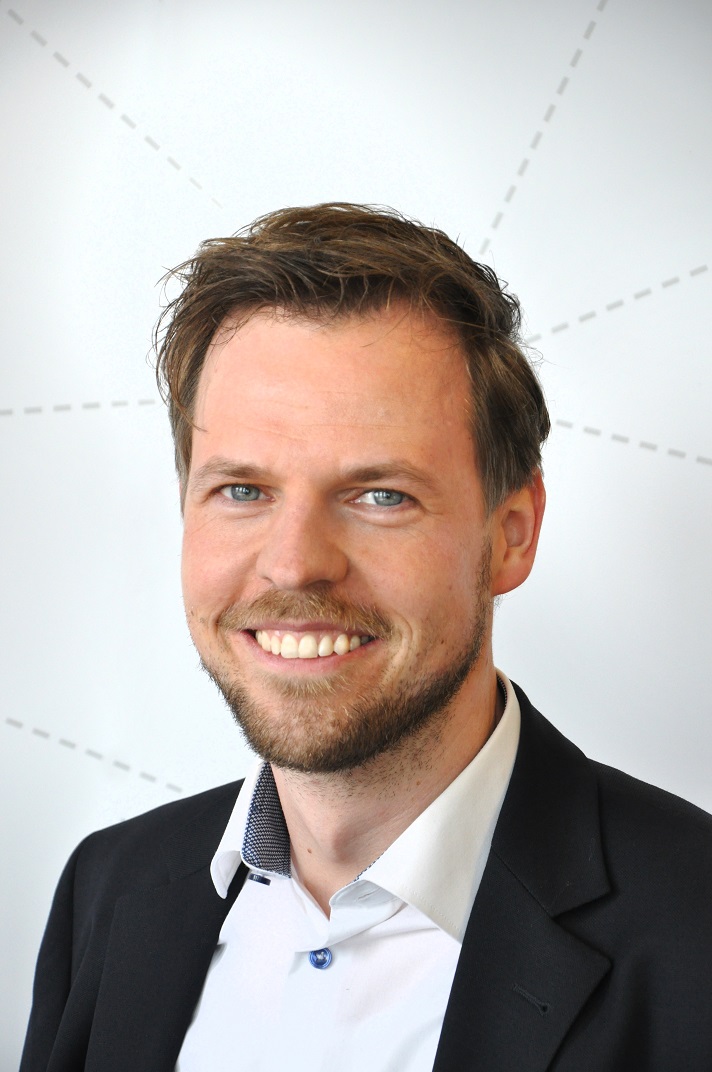
Sebastian Peitz is assistant professor for “Data Science for Engineering” at the Department of Computer Science at Paderborn University since 2021. Between 2017 and 2021, he was managning director of the Institute for Industrial Mathematics. He received his Bachelor’s and Master’s degree in mechanical engineering from RWTH Aachen University, Germany, in 2011 and 2013, respectively, and his PhD in Mathematics from Paderborn University in 2017. According to this interdisciplinary training, his research interests lie at the intersection of Computer Science, Mathematics and Mechanical Engineering. Research topics are, among others, multiobjective optimization and optimal control as well as data-driven and machine-learning-based modeling of complex systems.
Prof. Dr. Marco Platzner
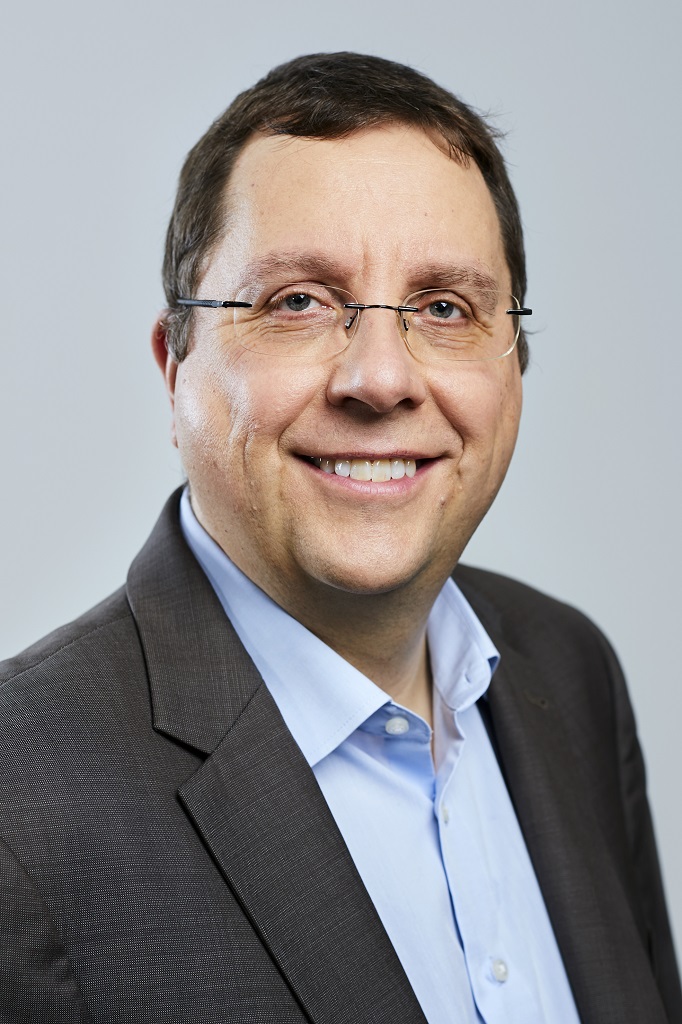
Marco Platzner is Professor for Computer Engineering at Paderborn University. Previously, he held research positions at the Computer Engineering and Networks Lab at ETH Zurich, the Computer Systems Lab at Stanford University, the GMD Research Center for Information Technology in Sankt Augustin, and the Graz University of Technology. He holds diploma and PhD degrees in Telematics from Graz University of Technology (1991 and 1996) and a “Habilitation” degree for the area hardware-software codesign from ETH Zurich (2002). His research interests include reconfigurable computing, self-*computing, and approximate computing. He is a senior member of the IEEE, a member of the ACM, and the HiPEAC Network of Excellence. His research has been recognized by inclusion in the Hall of Fame section of the ACM SIGDA Technical Committee on FPGAs and Reconfigurable Computing (2020), by a significant paper award from 25 Years of FPL (2015), and by eight best paper awards at international conferences. More information about his research interests, projects, and publications can be accessed at his group homepage.
Prof. Dr. Christian Plessl
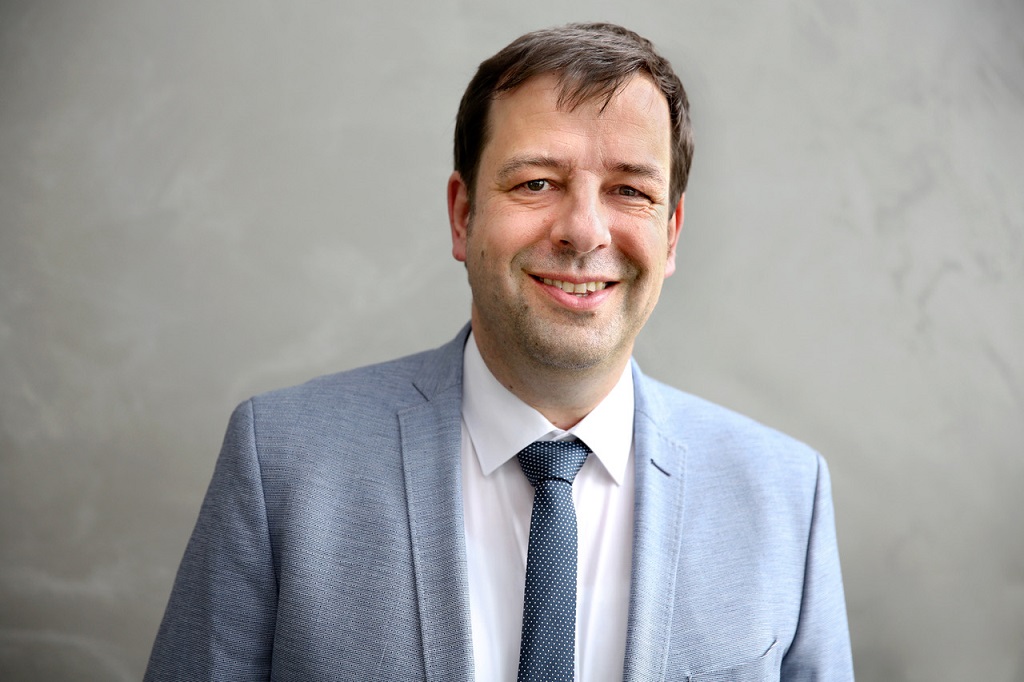
Christian Plessl is professor for High-Performance IT Systems at Paderborn University. He is also the director of the Paderborn Center for Parallel Computing (PC2), which is a national HPC center operated and central research institute of Paderborn University. He earned a Ph.D. degree (Dr. sc. ETH) from ETH Zurich in 2006, and an MSc degree in Electrical Engineering in 2001, also from ETH Zurich. His research interests include architecture, algorithms, and tools for high-performance parallel and reconfigurable computing, hardware-software co-design, and adaptive computing systems. His research has been honored with several awards, e.g., the significant paper award 2015 of FPL conference, the best paper awards at ReConFig 2014 and 2012, the Paderborn University Research Award 2018 and 2009, and the SEW-EURODRIVE Studienpreis award in 2001. He is a senior member of the IEEE, member of the ACM, and the HiPEAC Network of Excellence. More information about his research interests, projects, and publications can be accessed at his group homepage.
Prof. Dr. Katharina Rohlfing
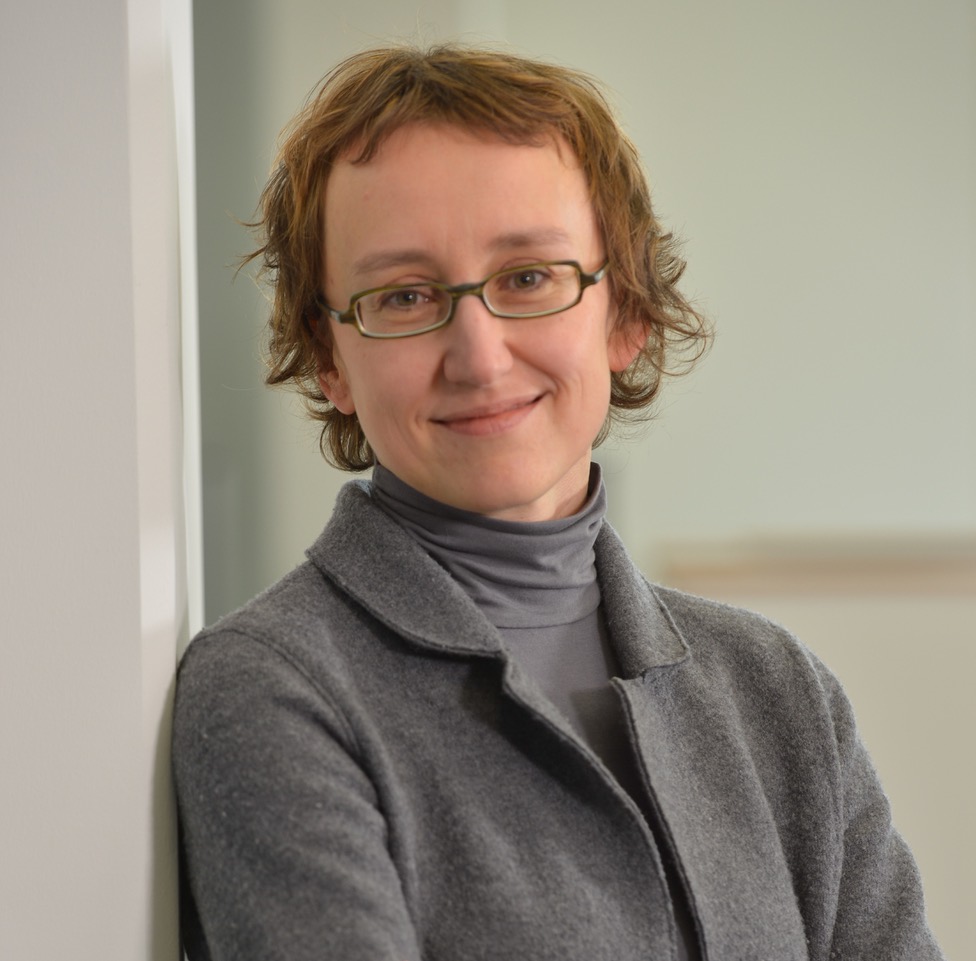
Katharina J. Rohlfing received the Master’s degree in linguistics, philosophy and media studies from the University of Paderborn in 1997. As a member of the Graduate Program “Task Oriented Communication”, she received the Ph.D. degree in linguistics from the Bielefeld University in 2002. In 2006, with her interdisciplinary project on the Symbiosis of Language and Action, she became a Dilthey Fellow (VolkswagenStiftung). Her habilitation in 2009 on early semantics attests to her interest in the emergence of symbolic abilities. Since 2015, she is full professor of psycholingustics at the Paderborn University investigating multimodal social interaction, especially the process of scaffolding the interaction partner, and how robotic partners can achieve it. Being intrigued by different cognitive and interactive demands that communicative tasks imply, she currently focusses on the process of explaining (see TRR 318 “Constructing Explainability”).
Prof. Dr.-Ing. Ulrich Rückert
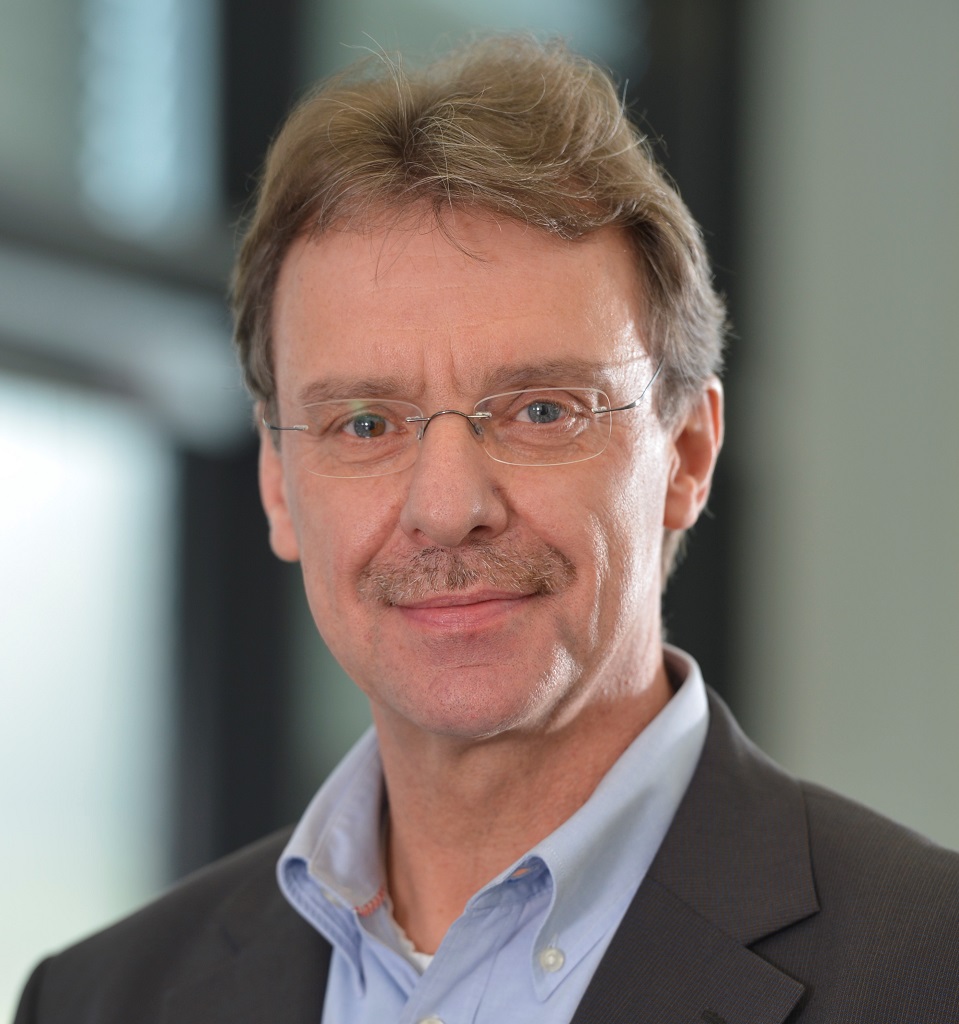
Ulrich Rückert is chair of the Cognitronics and Sensor Systems Group within the Faculty of Technology at Bielefeld University. From 1993 to 1994, he was Professor at the Technical University of Hamburg-Harburg, Germany, heading a research group on Microelectronics. In 1995 he joined the Heinz Nixdorf Institute at the University of Paderborn, Germany. As a Full Professor, he was head of the “System and Circuit Technology” research group. From 2001 to 2014, he was Adjunct Professor of the Faculty of Information Technology, Queensland University of Technology, Brisbane, Australia. Starting from October 2009, he moved to Bielefeld University as a member of the CITEC center of excellence for Cognitive Interaction Systems. In 2020, he additionally became Scientific Director of the “Research Institute for Cognition and Robotics” - CoR-Lab, where, amongst others, he coordinates the H2020 project VEDLIoT – Very Efficient Deep Learning in IoT. The EU-funded VEDLIoT project develops an AIoT platform suitable for ML algorithms distributed throughout the IoT continuum.
Ulrich Rückert is working on innovative computer architectures and development of nanoelectronic systems for massively parallel and resource-efficient information processing. His main research interests are bio-inspired architectures for nanotechnologies, neural information processing, and cognitive robotics. These systems foster human-machine interaction with respect to resource-aware cooperation. More information about his research interests, projects and publications can be accessed at his homepage.
Prof. Dr. Alexander Schönhuth
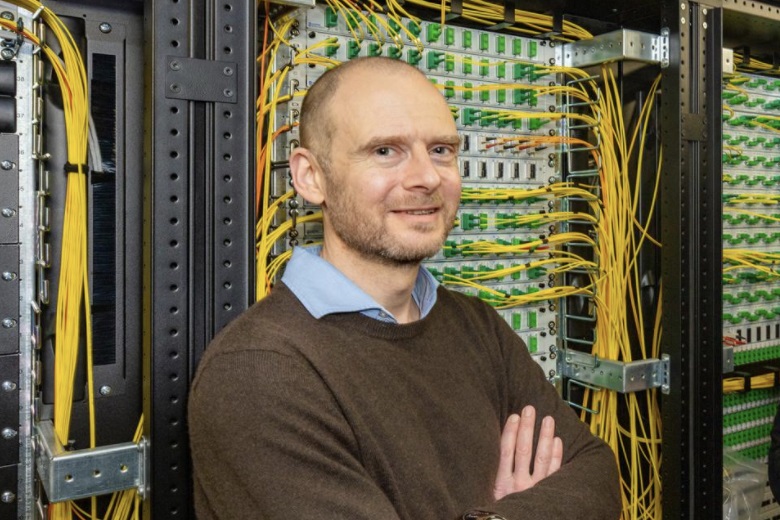
Alexander Schönhuth is the head of the Genome Data Sciences group at Bielefeld University. He is also a member of the Center for Biotechnology (CeBiTec) and the Bielefeld Institute for Bioinformatics Infrastructure (BIBI). He is further affiliated with Centrum Wiskunde & Informatica (CWI) in Amsterdam, where he was a tenured Senior Researcher before joining Bielefeld University in 2020. Prior to that, Alexander Schönhuth was a postdoctoral researcher at UC Berkeley, California, and at Simon Fraser University in Canada. Currently, he is the coordinator of ALPACA, an EU sponsored International Training Network on Computational Pan-genomics. The focus of his work is on the design of data structures by which to arrange ultra-large-scale genome data and their exploitation using advanced machine learning techniques. More information about research interests, projects and education can be seen on his homepage and the ALPACA website.
Prof. Dr. Kevin Tierney

Kevin Tierney joined the Faculty of Business Administration and Economics at Bielefeld University in 2018 and holds the chair of Decision and Operation Technologies. He was previously an assistant professor at Paderborn University and earned his PhD at the IT University of Copenhagen in Denmark. His research focuses on the frontier of artificial intelligence and operations research, involving using machine learning techniques to better solve optimization problems with an emphasis on real-world decision support problems, especially those in the maritime industry. His methods have won multiple international competitions and been published in top artificial intelligence conferences such as AAAI, IJCAI, and ICLR as well as leading operations research journals like Transportation Science and the European Journal of Operational Research.
Prof. Dr. Henning Wachsmuth
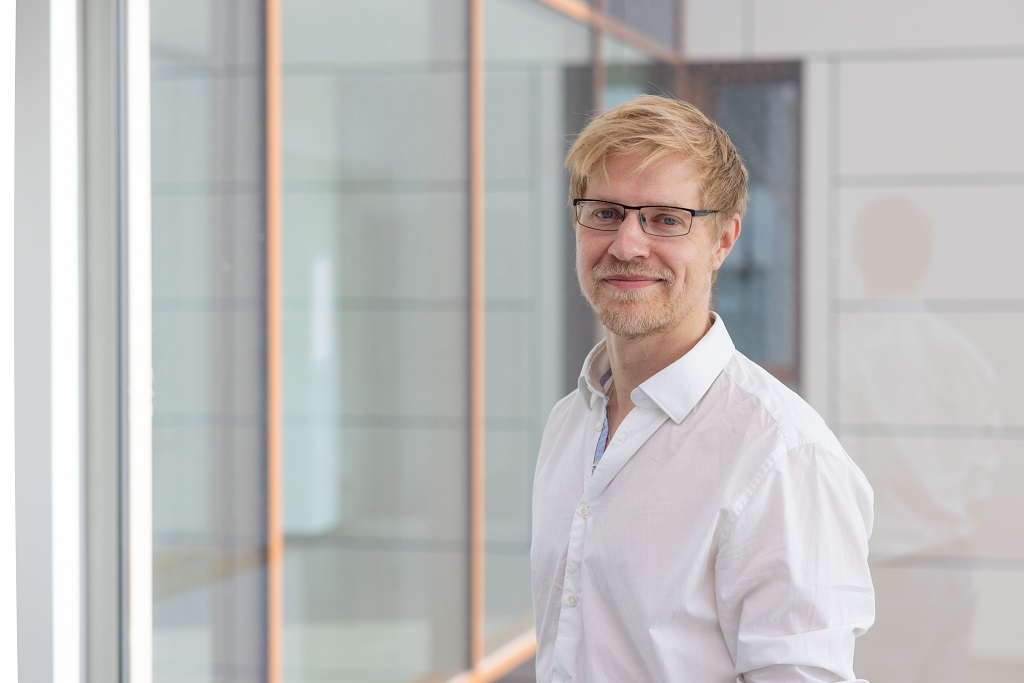
Henning Wachsmuth is the head of the Natural Language Processing (NLP) Group in the Institute of Artificial Intelligence at Leibniz University Hannover. After receiving his PhD in computer science from Paderborn University in 2015, he worked as a PostDoc at Bauhaus-Universität Weimar, before he returned to Paderborn to lead the Computational Social Science Group from 2018 to 2022. Henning’s group conducts fundamental reseach across the whole spectrum of NLP, often in interdisciplinary contexts. Among the main current research topics of the group are the computational analysis and synthesis of natural language argumentation, the detection and mitigation of social bias and media bias in text, and the construction of human-like feedback and explanations in educational and explainable artificial intelligence. The goal is to learn how intentions and views of people are reflected in natural language and how machines can understand and imitate this with NLP methods. More information about his research interests, projects, and publications can be accessed at his group homepage
Prof. Dr. Britta Wrede
Prof. Dr. Sina Zarrieß
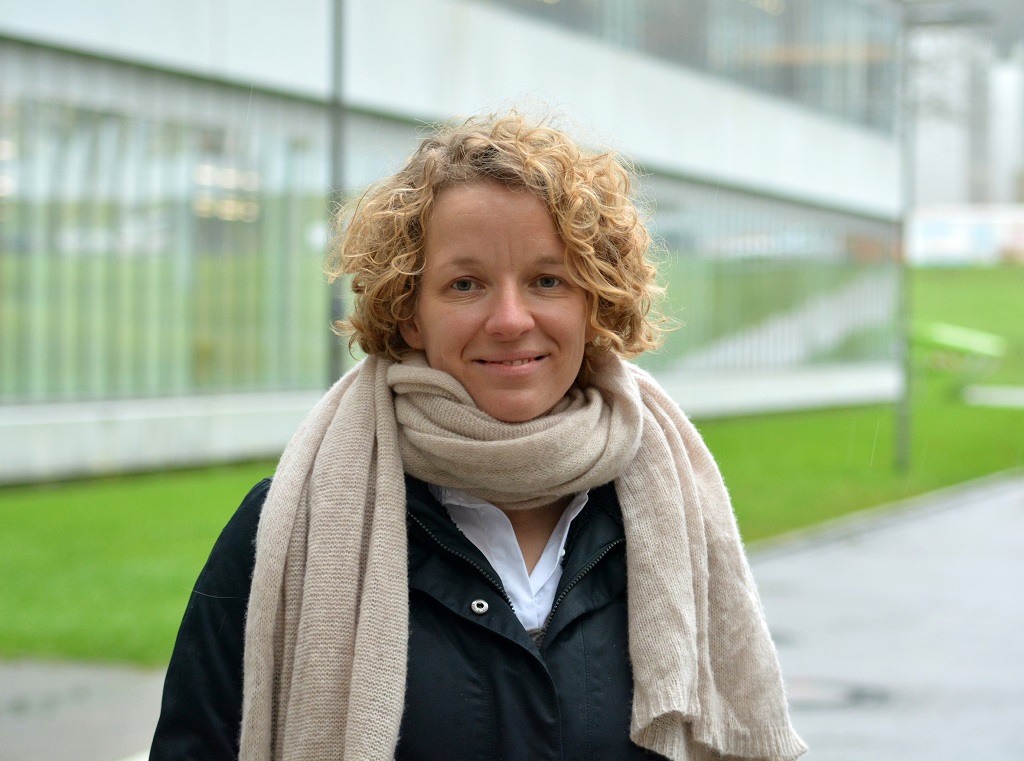
Sina Zarrieß is the head of the Computational Linguistics Group in the Faculty of Linguistics and Literature Studies at Bielefeld University. Previously, she held the junior professorship for Digital Humanities, Language Technology and Machine Learning at the University of Jena (2019-2021). She worked as a postdoctoral researcher within the CITEC center of excellence at Bielefeld University and obtained her PhD from the University of Stuttgart. Her areas of expertise include natural language generation, computational semantics, language & vision, multimodality and dialogue modeling. She regularly serves as an area chair or PC member of international conferences such as ACL, EACL, EMNLP, COLING or INLG.